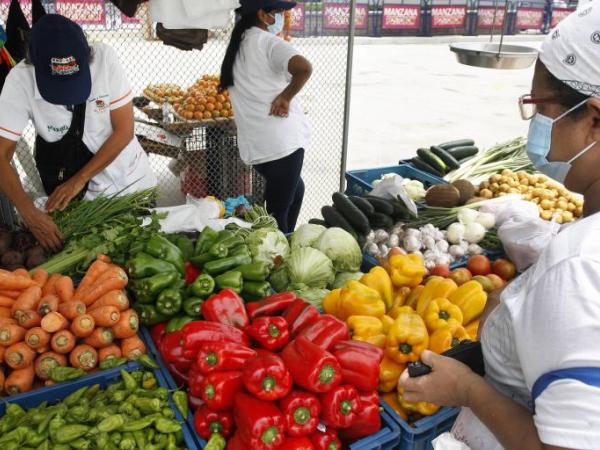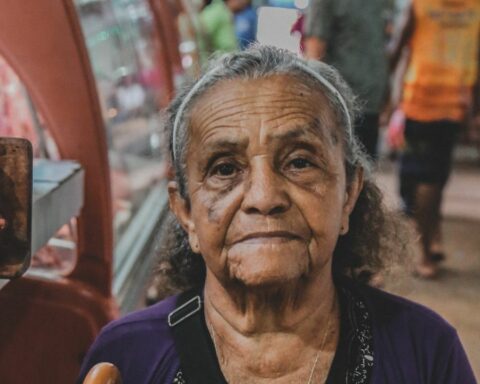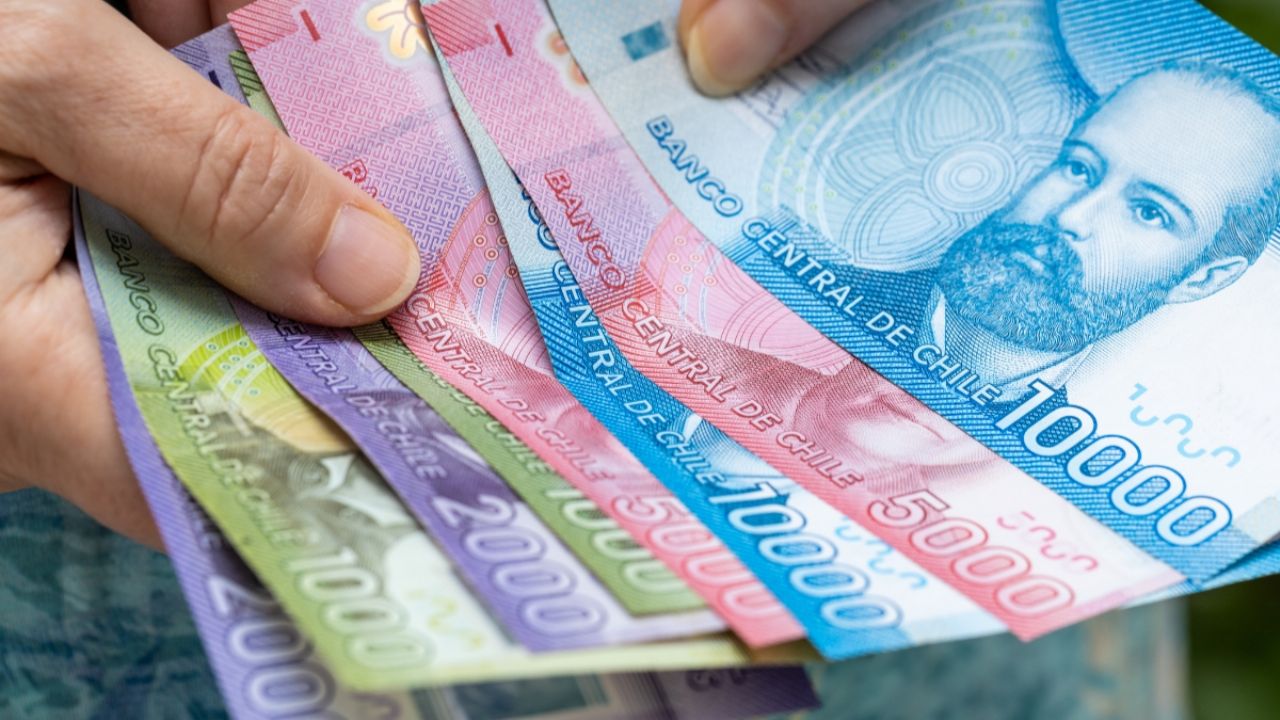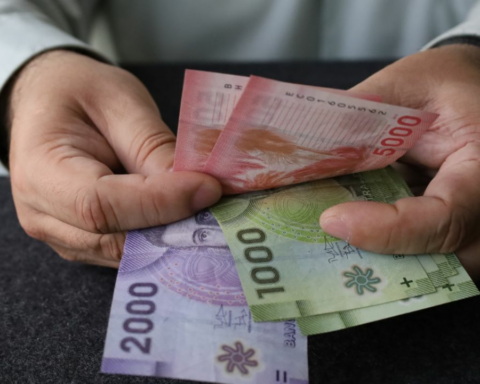The Governments of Bolivia and Chile agreed this Friday to start working groups to address issues such as cross-border crimes and the migration issue, a Chilean concern as a result of the crisis that has been going on for a year on the common border and has been taxed in recent years. days.
These decisions were made in a telematic meeting in which the Minister of Government (Interior) of Bolivia, Eduardo Del Castillo, and his Chilean counterpart of the Interior, Rodrigo Delgado, as well as deputy ministers, undersecretaries and directors of both countries participated, according to a statement. set released by the Bolivian Foreign Ministry.
At the meeting, it was decided to create “three binational working groups in the coming days to address the following border problems: smuggling and illegal trade, migration issues and human trafficking and smuggling of migrants” and to activate the Working Group on Police Cooperation , indicates the note.
“Both parties agreed to address these issues and move forward, within the framework of a State policy, towards solutions that make it possible to combat organized transnational crime, with particular emphasis on smuggling and immigration control,” it adds.
The Chilean undersecretary for International Economic Relations, Rodrigo Yáñez, who acts as interim chancellor, announced his willingness to sign “as soon as possible” a cooperation framework agreement for surveillance, control and the fight against smuggling, according to the statement.
In addition, the delegations agreed on the importance of this “new stage of bilateral relations” that is part of the “Roadmap” agreed between the two governments in April 2021.
Finally, the countries highlighted the “common will” to strengthen cooperation on the border “on the matters indicated and continue deepening the relationship” bilaterally.
After a boom in irregular entries in February of last year, the migration crisis in Chile reached another peak in October, with hundreds of foreigners occupying squares and avenues in several cities in the north of that country, something that has intensified in recent days.
Iquique, the first large city where migrants arrive in Chile through irregular steps on the northern border with Bolivia, experienced a demonstration against irregular migration on Sunday and a work stoppage on Monday, with truck drivers blocking roads and protesting against the increased insecurity.
The United Nations Refugee Agency (UNHCR) warned last December that nearly 500 Venezuelan refugees and migrants, including children, cross daily through irregular border crossings between Bolivia and Chile and arrive in the country “after several days without eating, with dehydration , hypothermia and altitude sickness”.
So far this year, at least two people have died trying to cross the border and some 23 since the massive flow began in February 2021.
In Chile there are 1.4 million migrants, which is equivalent to more than 7% of the population, and Venezuelans are the most numerous, followed by Peruvians, Haitians and Colombians.
After the appointment with the Bolivian government authorities, Minister Delgado explained that “it was a meeting where we presented some points and work groups were generated that will begin next week.”
“We put emphasis on the Chilean Immigration Law and we believe that Bolivia should be interested in it because temporary work visas for Bolivian citizens who often come to work seasonally will be strengthened; and, secondly, we are interested in letting them know about our immigration process. redirection, because that implies handing over foreigners (who enter illegally) to the country from which they come,” he explained to meganews.
The head of the Interior and Public Security recognized that it is necessary to have a regional look at this problem, since “borderlands are protected by countries from invasions by other armies, but they are not prepared for 6 million people who have been starting from a dictatorship like the Venezuelan”.
For Minister Delgado, it is necessary to be cautious in the face of the “called effect” that the different reception mechanisms that are being sought to be installed in the area, specifically in Colchane and Iquique, may have, “because the problem comes later, these people enter Chile, and there is administrative informality, not having documents and decent work, that takes their toll, and then the mafias appear”.
Regarding the Global Pact for Migration that Chile did not sign in 2018, the Secretary of State stated that “the pacts are often designed for times when there is a standard migration; indeed, what happened in Venezuela exceeds historical figures for Latin America and other parts of the world”.
“I think we are at a time where, indeed, international collaboration is tremendously important, but we must also see the origin of this migration, which is Venezuela, which also has the responsibility of being able to solve its internal conflicts to avoid bloodshed (. ..) I think they have a responsibility in that, and it would be important for them to make a statement,” Delgado said.








